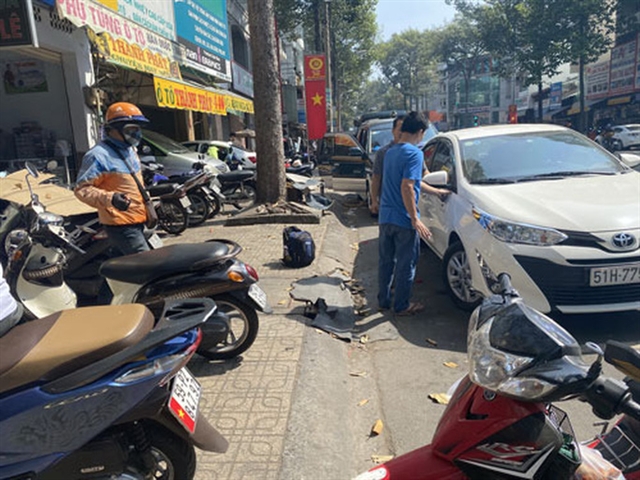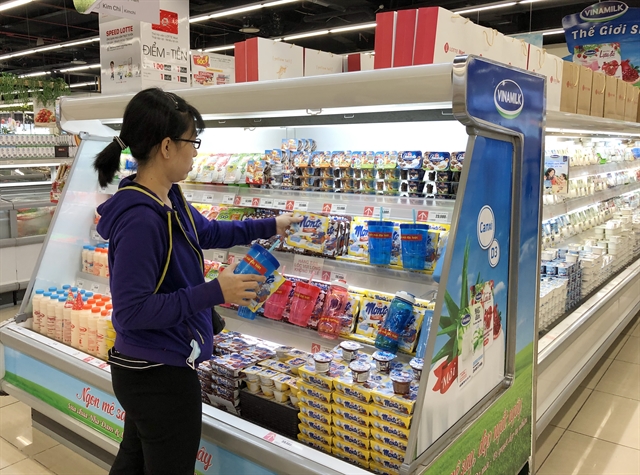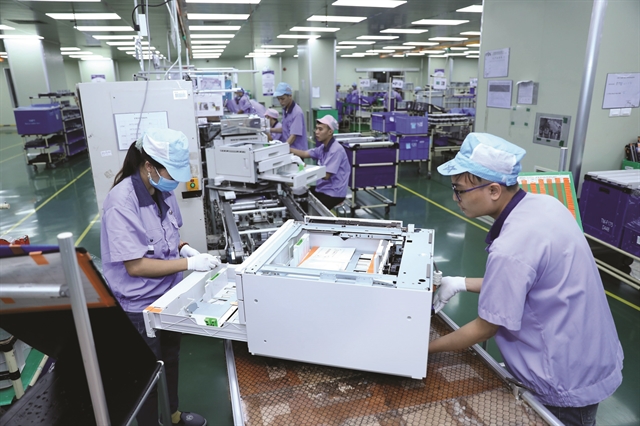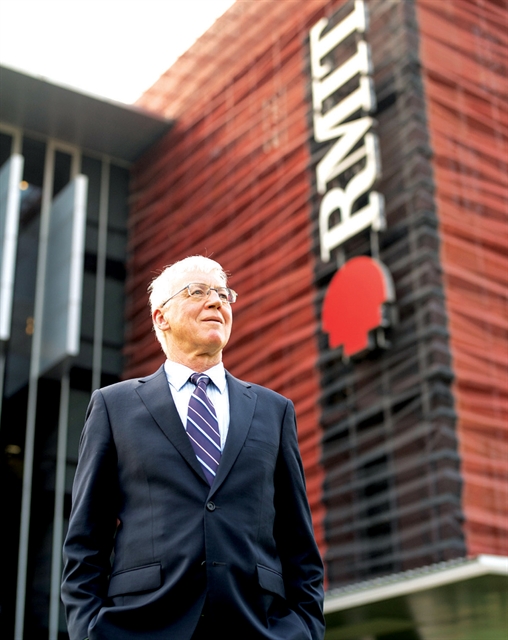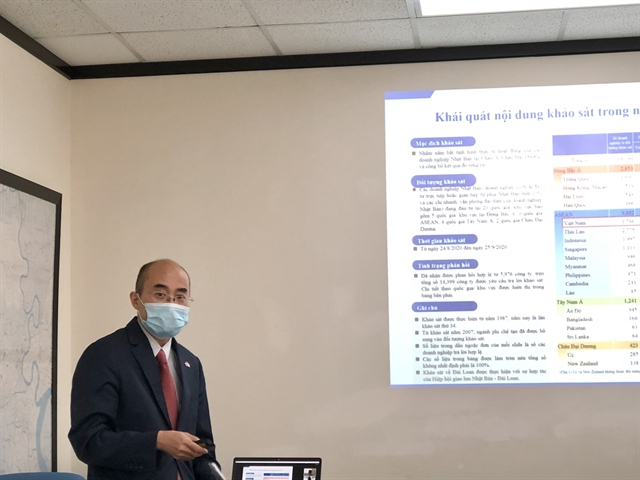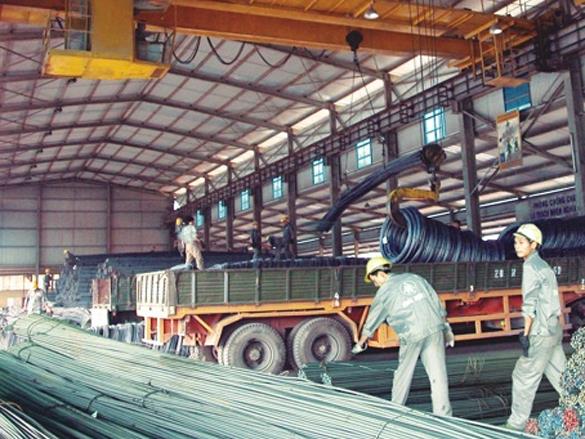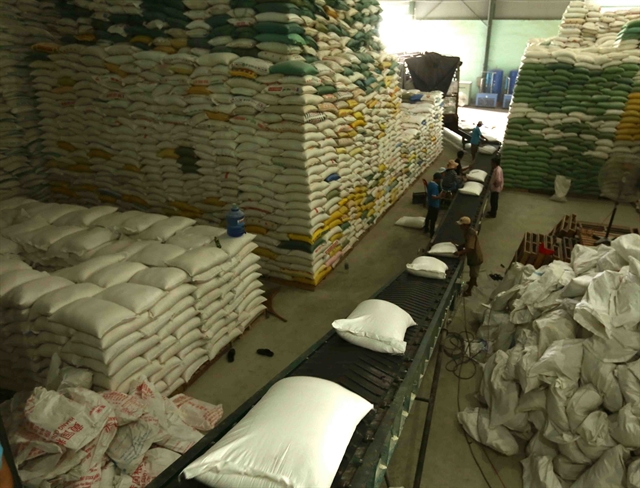
HÀ NỘI — High hopes are pinned on Việt Nam’s rice exports in 2021 when major export markets such as the Philippines and Africa continue to sign contracts to buy rice from Việt Nam, while many others have great demand for fragrant rice and sticky rice – which are advantageous staples of Vietnamese enterprises.
The bilateral and multilateral free trade agreements between Việt Nam and other countries such as the EU-Việt Nam and the UK-Việt Nam FTAs with preferential tariffs would create favourable conditions for Vietnamese rice to compete with that from rival countries, the Việt Nam Food Association said.
According to the Vietnamese Trade Counsellor in the UK Nguyễn Cảnh Cường, rice shipments to the country this year will sharply rise against 2020. He added more UK firms will purchase Vietnamese rice under the UK-Việt Nam FTA, creating a chance for Vietnamese rice to expand its market share in the UK this year.
In 2019, rice exports from Việt Nam to the UK had a leap forward with a turnover growth of 376 per cent. That meant the UK has great potential as a rice export market for Việt Nam.
In order to tap into the advantages under FTAs, rice export giants such as Intimex JSC, Lộc Trời Group, VRICE Co, Trung An High Technology Agriculture JSC are planning to seek new customers in markets where Việt Nam had signed FTAs, especially in the UK, baotintuc.vn reported.
The Ministry of Industry and Trade said it would provide rice export firms with information about the market demand situation in a timely manner while implementing trade promotion activities to help Vietnamese rice exporters better access customers.
Detailed information about the regulations and barriers under these FTAs’ commitments will be also offered by the ministry so that businesses can improve their understanding and draw up suitable business plans.
As part of its efforts to facilitate Việt Nam's rice exports, the VAF has built up online sales channel and participated in online trade seminars to develop the rice industry.
It suggested rice exporters focus on high quality products with good export results, ensuring food hygiene and safety to be able to enter fastidious markets such as Europe, America and Canada.
Experts have said that if Việt Nam wants to maintain rice export growth in 2021 it needs to focus on building a complete rice value chain and controlling quality in production, processing, and distribution.
According to the Ministry of Agriculture and Rural Development, Việt Nam’s rice output totalled 42.8 million tonnes in 2020, down about 0.2 per cent because of the shrinkage of some 192,000 hectares in farming areas. However, the productivity rose 50kg per hectare from a year earlier.
The areas of high-grade rice varieties have expanded to 74 per cent, compared to 50 per cent in 2015, as a result of the country’s efforts in improving the value of the Vietnamese rice.
Thanks to that, the shipments of high-grade rice made up more than 85 per cent of the total, resulting in the growth of average rice price from US$440 per tonne in 2019 to $496 per tonne in 2020.
The country exported 6.15 tonnes of rice for $3.07 billion last year, down 3.5 per cent in volume but up 9.3 per cent in value year-on-year.
The Philippines was Việt Nam's leading rice importer, making up 34 per cent of the total. Rice exports to this market in 2020 reached 2.22 million tonnes and $1.06 billion, up 4 per cent in volume and 19.3 per cent in value compared to 2019.
Other outlets with significant export growth in 2020 were Indonesia, (nearly triple 2019's figure) and China, up 93 per cent year-on-year.
Vice chairman of the VFA, Đỗ Hà Nam described 2020 as a successful year for Việt Nam’s rice exports, which he attributed to increasing demand in many countries and the improved competitiveness of Vietnamese rice around the world.
Amid the difficulties posed by the ongoing COVID-19 pandemic, rice exporters quickly made appropriate adjustments and actively sought new markets while fully tapping into the advantages brought about by FTAs.
The EU-Việt Nam FTA had created a major opportunity for Vietnamese rice to enter European markets and then make inroads into other choosy markets, Nam said. — VNS
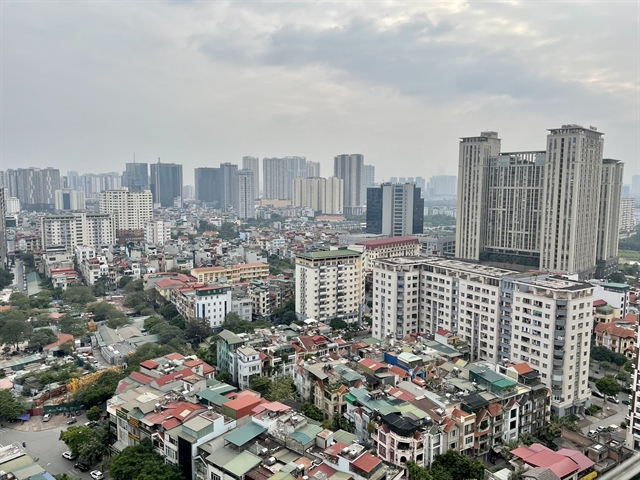



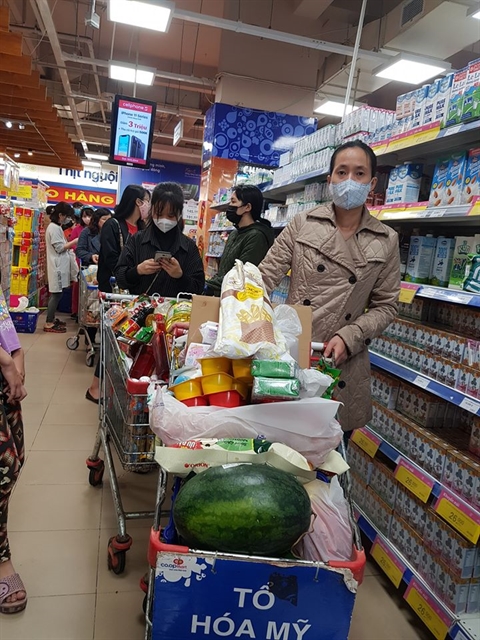
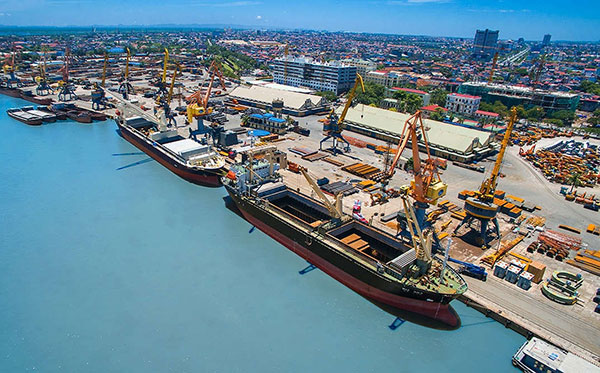
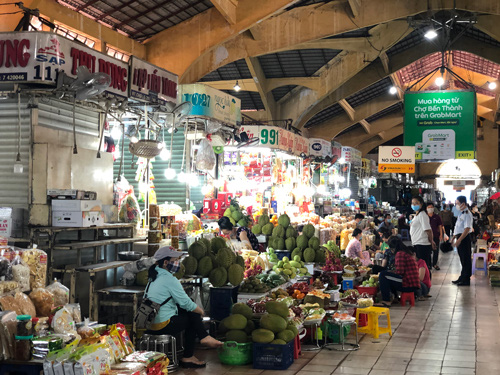
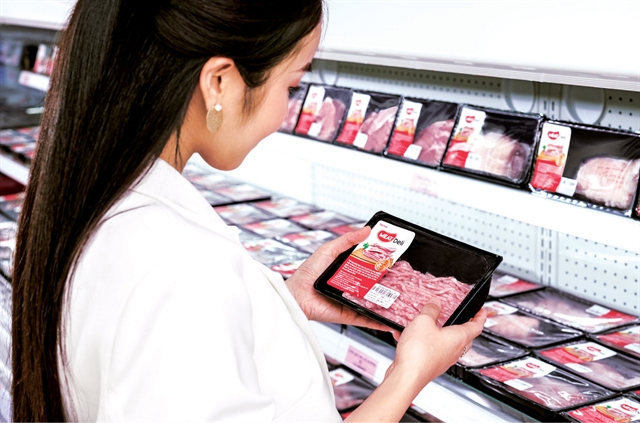
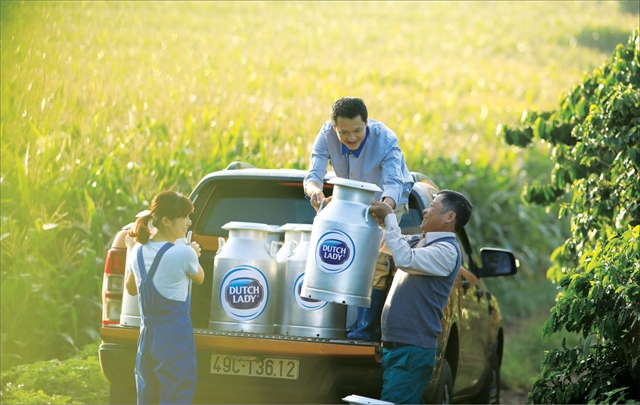

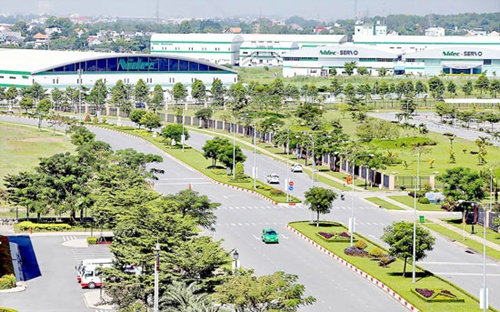
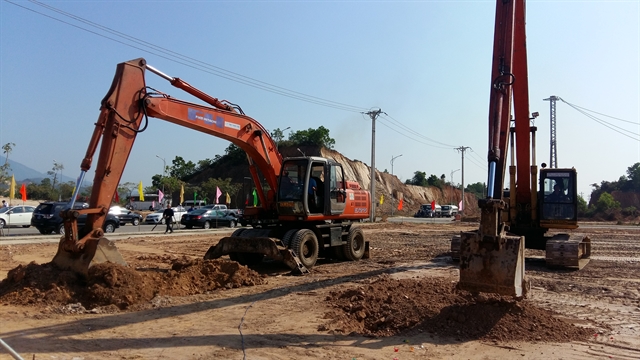

.JPG)
